
Dental reconstructive surgery encompasses a wide range of procedures aimed at restoring both the function and appearance of the teeth and jaw. This can include treatments for patients who have experienced significant tooth loss, severe decay, trauma to the mouth, or complex dental health issues that require comprehensive care. Dental reconstructive procedures can involve dental implants, crowns, bridges, dentures, bone grafting, and corrective jaw surgery, among others. The goal is to improve the patient’s oral health, functionality, and aesthetic appearance, enhancing their quality of life.
Have Any Questions Feel Free to Contact with Our Team
+90 506 250 00 05

A thorough assessment of the patient's oral health, including X-rays and possibly 3D imaging.
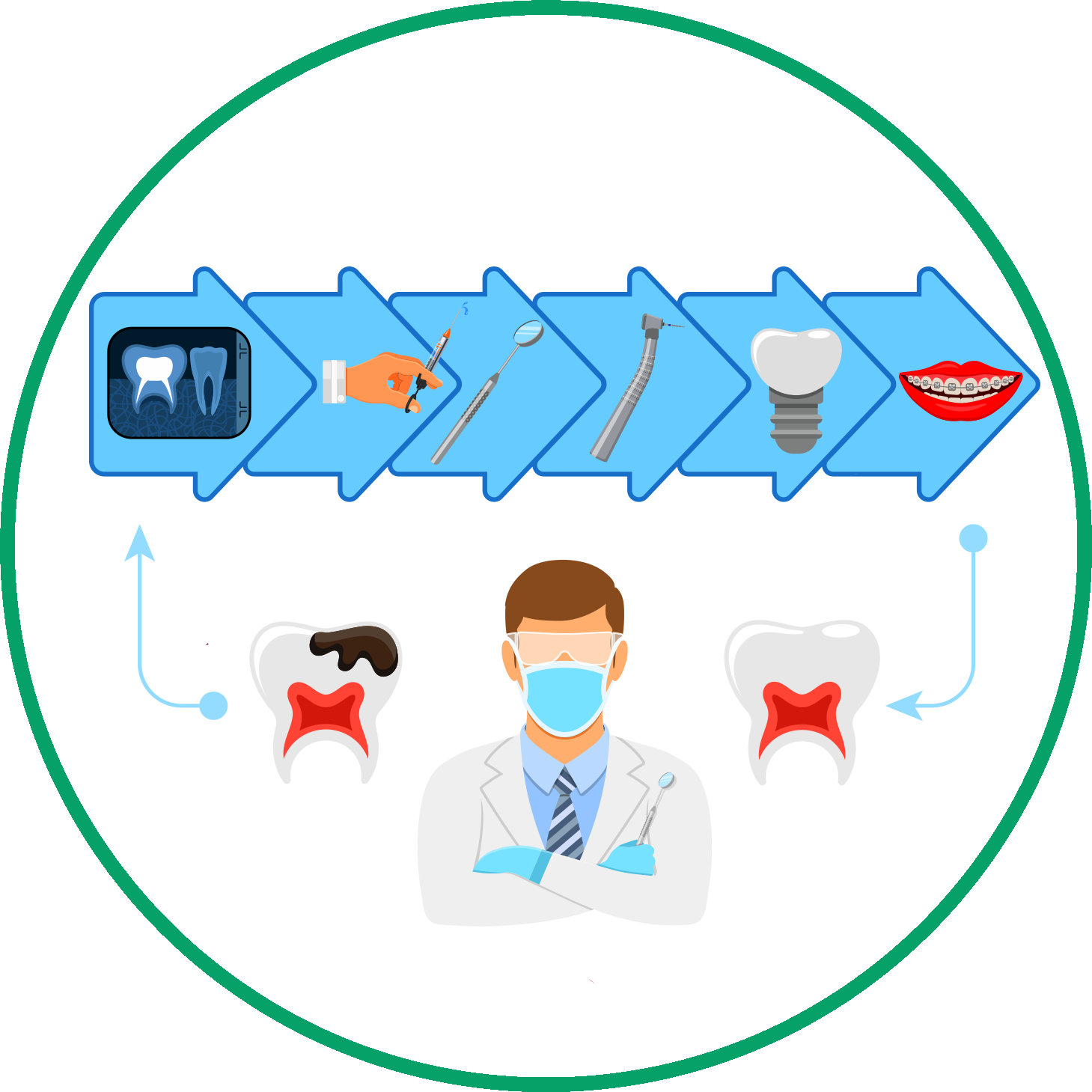
Development of a personalized treatment plan that may involve multiple stages and types of procedures.
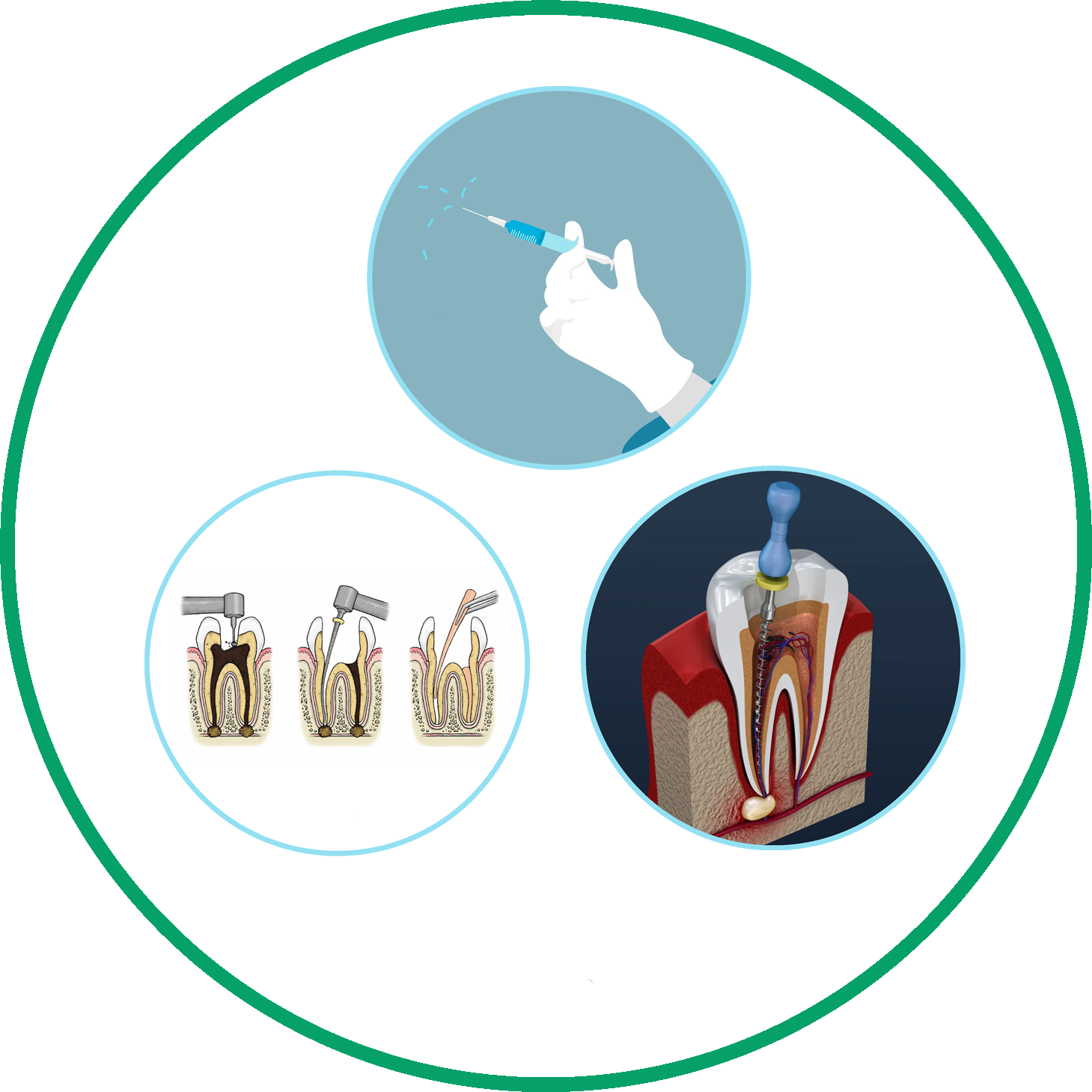
Any necessary preliminary treatments, such as extractions or bone grafting.
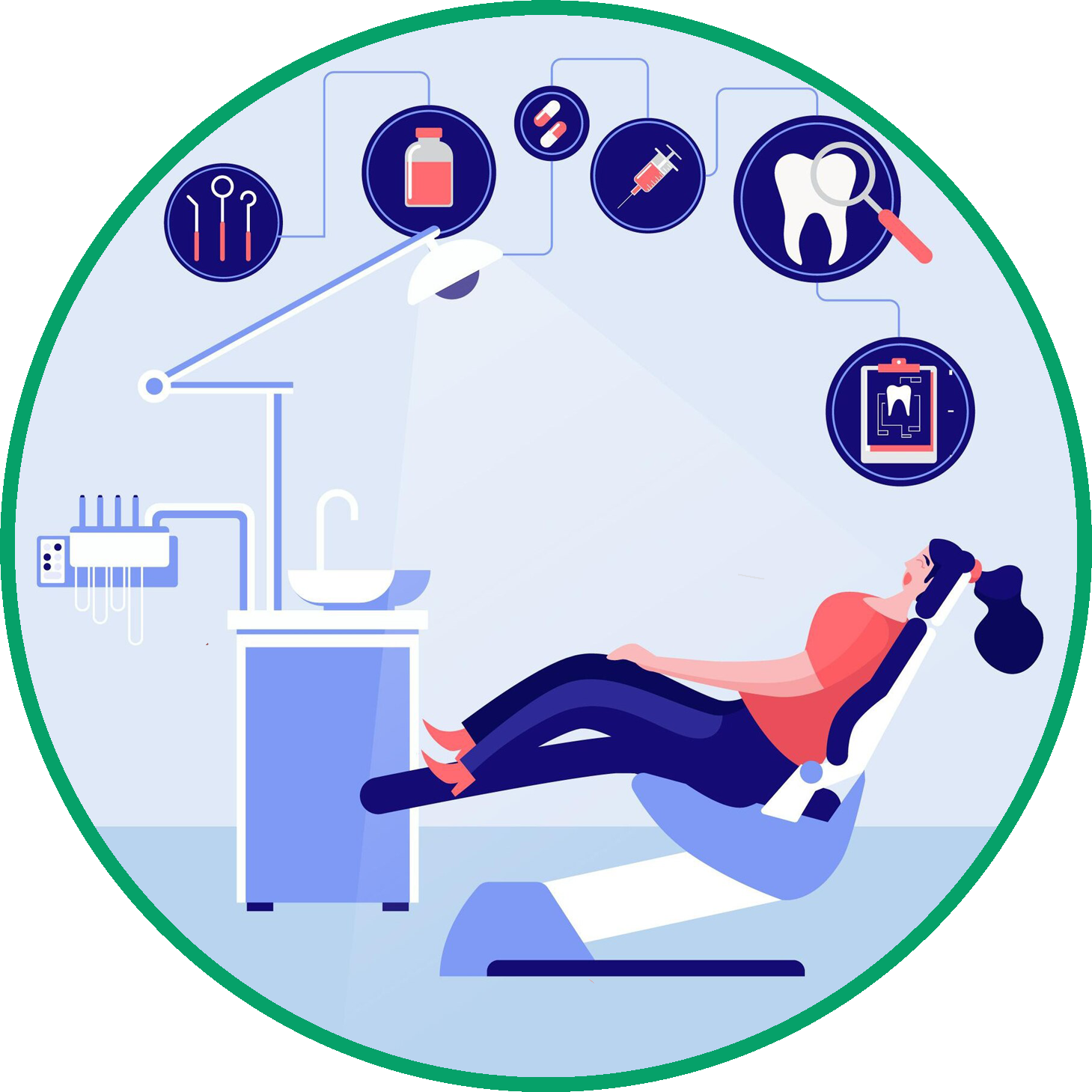
The main phase of treatment, which could include implant placement, fitting of prosthetics (crowns, bridges, dentures), and any required surgeries.

Period of healing followed by adjustments and regular check-ups to ensure the success of the reconstruction.
Have Any Questions Feel Free to Contact with Our Team
+90 506 250 00 05

In short, the benefits of the procedure may include:
Besides the benefits, here are some risks associated with procedure that you may need to be aware of:



Our team of dental professionals specializes in complex reconstructive procedures, ensuring expert care.


We utilize the latest in dental technology for accurate diagnosis and precise treatments.
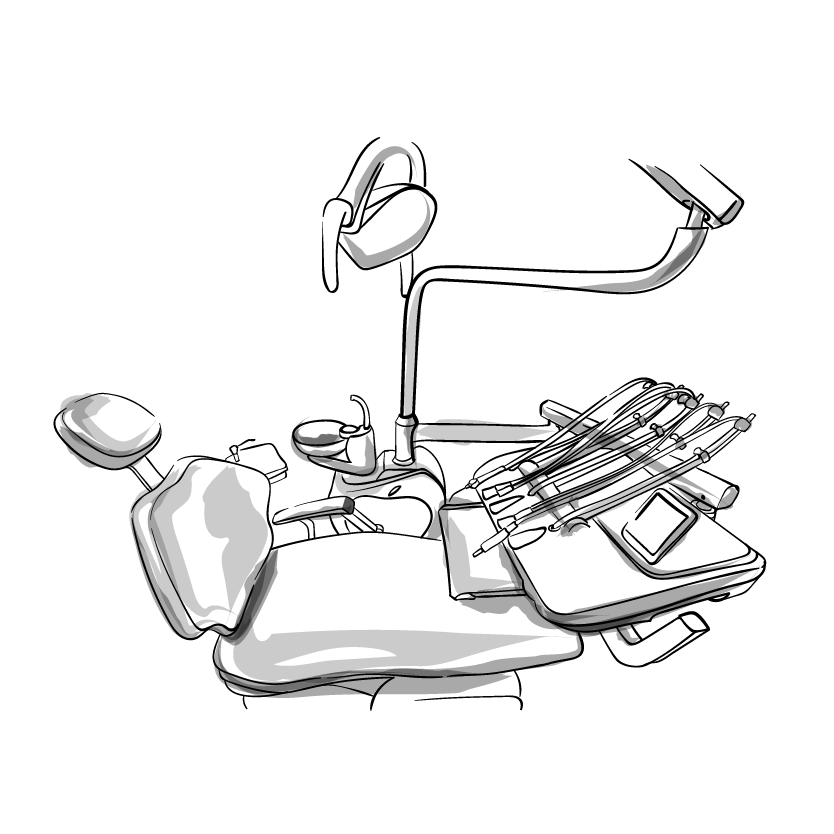

Every patient receives a customized treatment plan designed to meet their specific needs and goals.


We offer a full range of dental services under one roof for a seamless treatment experience.


Dedicated to patient comfort and satisfaction, we provide a supportive and caring environment.
Dental reconstructive surgery involves procedures to rebuild, reshape, graft, or otherwise restore optimal form and function to teeth, jaws, gums, and other oral structures that have been damaged, lost, or malformed.
Those with oral birth defects, traumatic injury, advanced periodontal or tooth decay issues, cancer patients, and people seeking cosmetic improvements may benefit from dental reconstruction.
Common reconstructive procedures include bone and tissue grafts, dental implants, orthognathic surgery, crowns, veneers, bridges, complete dentures, and other restorations.
Dental reconstruction is an intricate process often involving multiple treatments over 6-12 months depending on the techniques and materials used and the extent of restoration needed.
Anesthesia is used during surgeries, so there is little pain. Some discomfort and tenderness during recovery are common. Certain procedures have longer healing periods than others.
Typical recovery involves swelling, bruising, numbness, stiffness, dietary changes, and oral hygiene care. Healing times vary based on the procedures performed. Your dental team will provide expectations and instructions.
Have Any Questions Feel Free to Contact with Our Team
+90 506 250 00 05
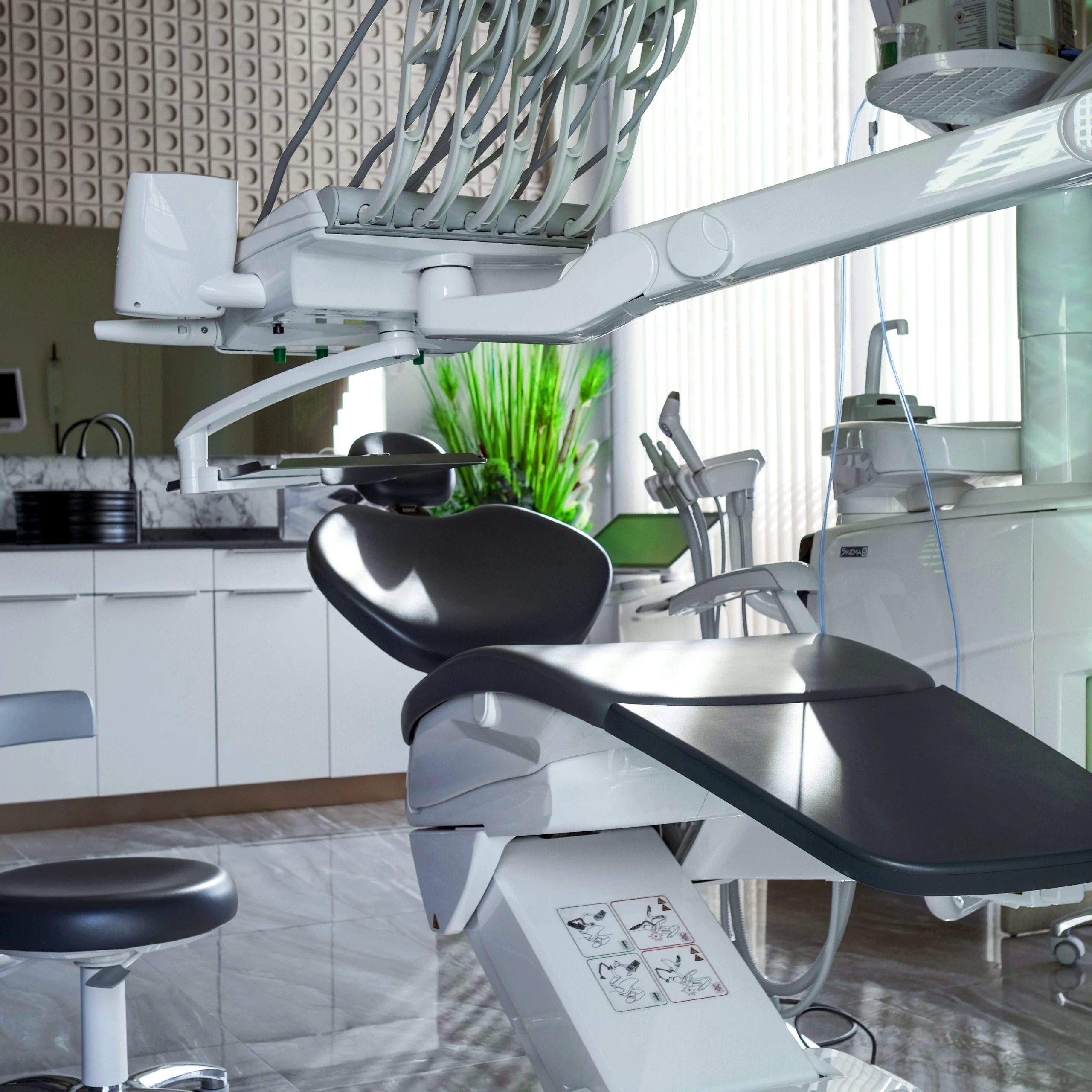
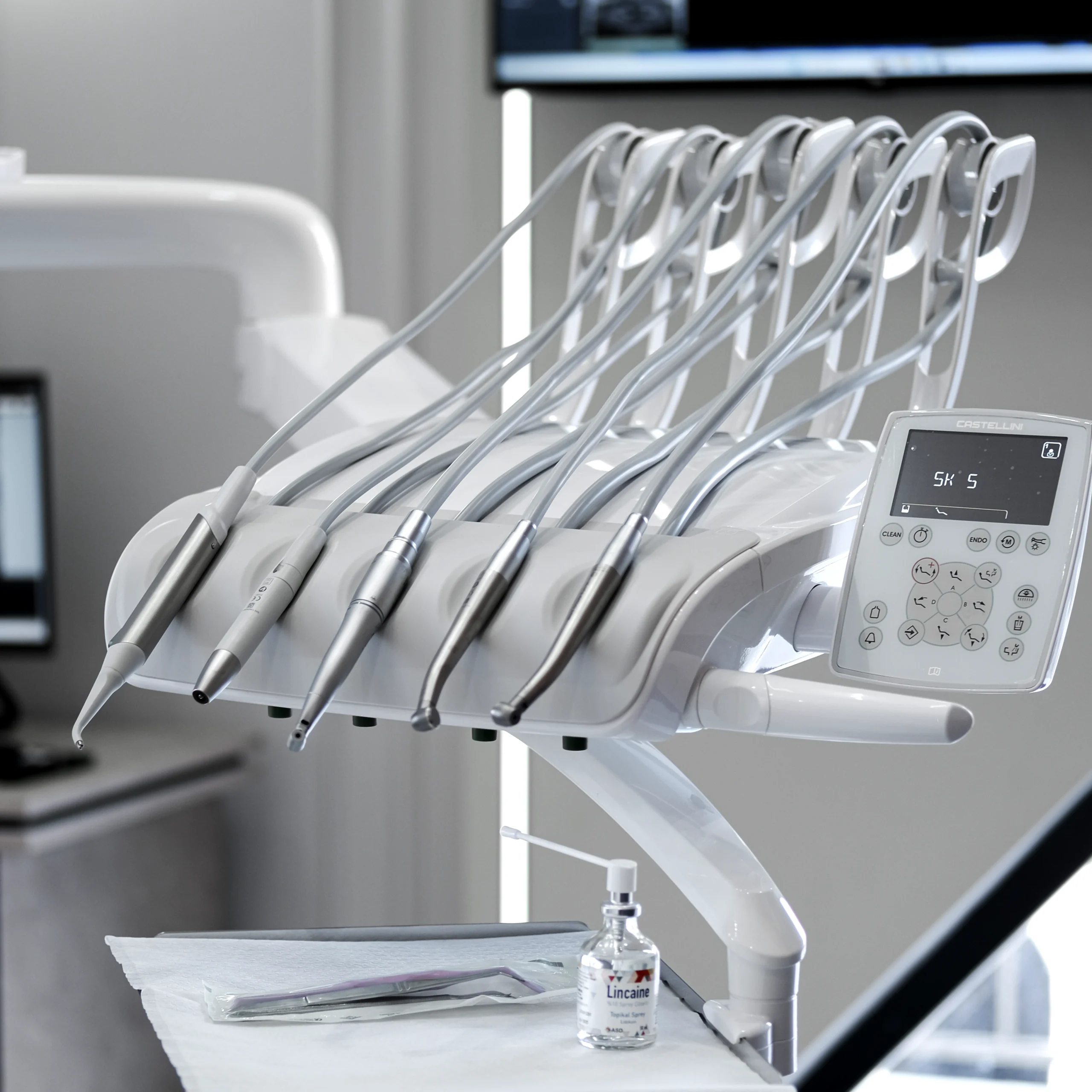
Bağlar, Yavuz Sultan Selim Cd. No:12A, 34200 Bağcılar/İstanbul

